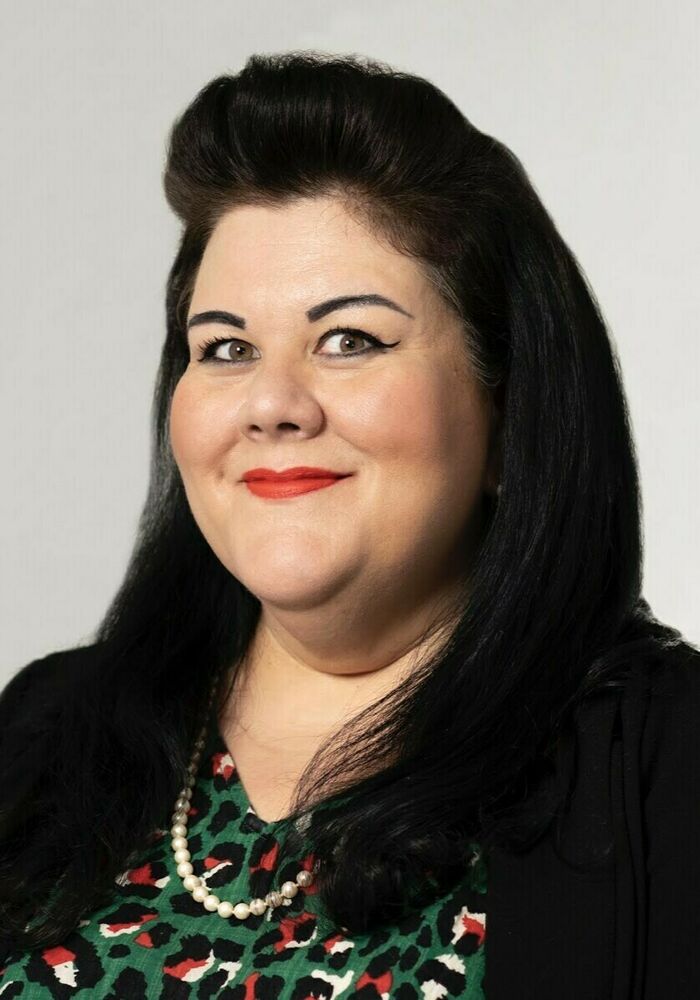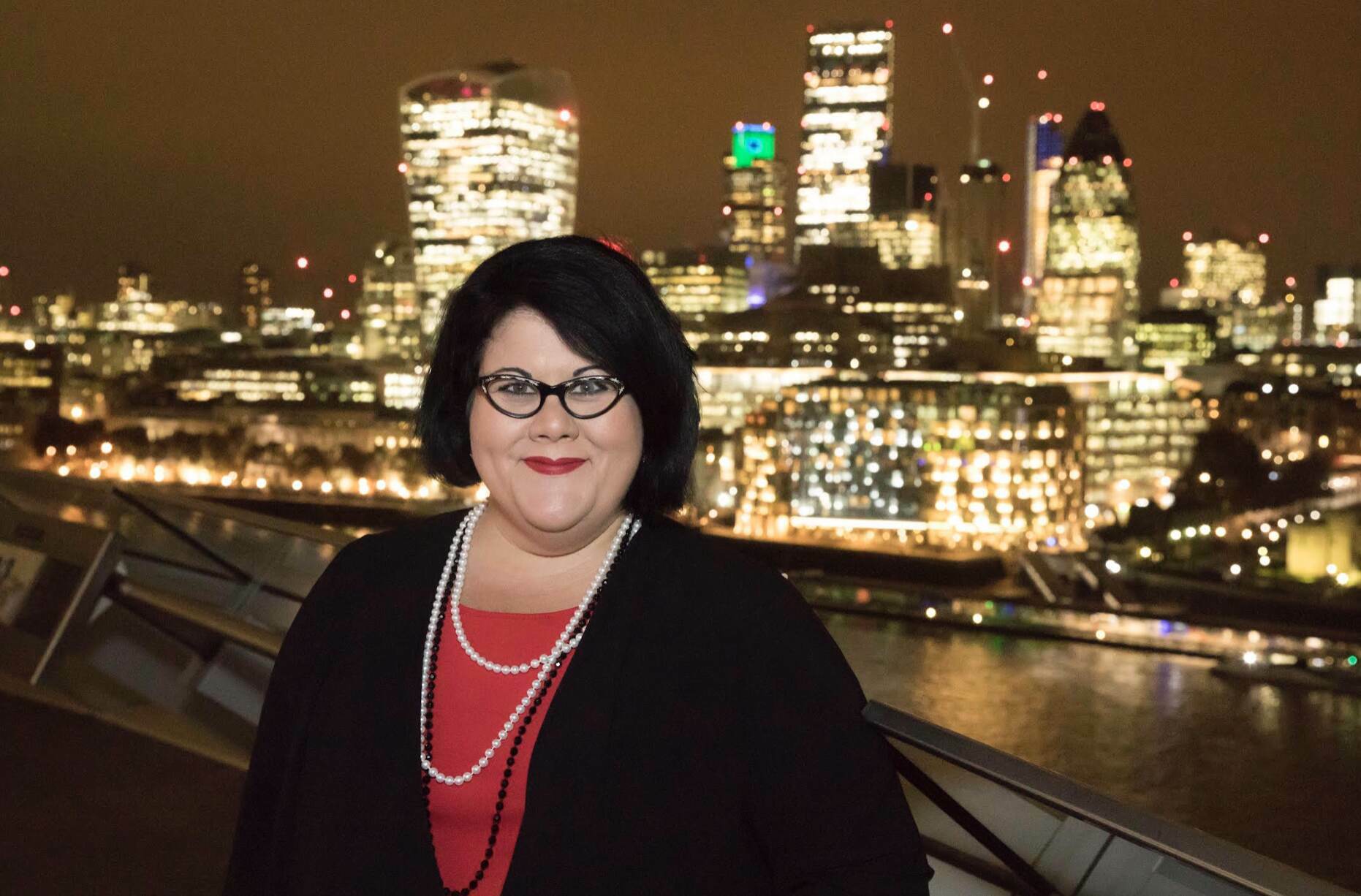Last week, London Night Czar, Amy Lamé revealed details of the city’s new Night Time Enterprise Zones – a new campaign running in Bromley, Vauxhall, and Woolwich aimed at boosting high streets after 6pm. Headliner sat down with her to discuss the new scheme, as well as how the city’s night time economy is coping with the cost of living crisis.
It’s been a tumultuous six years for Amy Lamé. The writer, performer, presenter and former venue manager was appointed by Mayor Of London Sadiq Khan as the city’s first ever Night Czar in 2016, with the task of helping to make London a 24 hour city with a thriving and prosperous night time economy. Since then, she’s had to deal with the knock-on effects of Brexit, Covid, a revolving door at 10 Downing Street, and a cost of living crisis.
Despite these towering challenges, she has still helped to deliver significant wins for the city, such as the night tube, increased opening hours for businesses of all shapes and sizes, protecting some of the most vulnerable grassroots and LGBTQ+ venues during their most challenging times, and improving data around women’s safety and night time wages for workers.
Her latest initiative is London’s Night Time Enterprise Zones – a £500,000 project rolling out across three areas designed to inspire growth in their respective economies.
Here, she shares her hopes for the new scheme, and fills us in on the current state of affairs for London after dark….
Tells us about the new London Night time Enterprise Zones. What do they entail and what impact do you expect them to have?
I’m really excited that last week were able to announce the Night Time Enterprise Zones. This is to enable boroughs to help more people use their high streets after 6pm and to help boost the local economy. The programme means that we can work in partnership with local boroughs, try out new ideas, test innovative solutions, help councils and communities and businesses to work together to make our high streets more accessible, more inclusive, more welcoming and more prosperous after dark.
We initially ran a pilot scheme in Waltham Forest in 2019, and through that we encouraged extended opening times, special events, big promotions and we repurposed some council owned buildings to open up an open mic venue for local young people, and all of this increased footfall by 22%, increased feelings of safety for people on the high street at night, and also diversified the people out and about at night. That was particularly the case for families and older people who may have felt ‘that’s not for me’. We opened the library later, extended opening times for cafes, put on street markets at night. It’s about our economic recovery but also our social recovery. That pilot informed the programme we’ve just launched.
The three locations taking part in this campaign are very different places and will all have their own unique approach, but the common thread is that all those areas need a bit of a boost post 6pm.
Why did you choose these particular locations? And will you look to roll this out further?
I would very much like that to happen. The interest in this programme was exceptionally high, which tells us that areas around London want to boost their high streets at night. Over half of all local authorities applied for the funding. Back in 2019, before the pandemic, we needed this, and we need it even more now.
All three of these locations are very different and very community focused. So, the bid in Vauxhall was about building on the LGBTQ+ history of that area, which has quite a late night economy around pubs and clubs, but how do you expand that into the earlier evening, and connect that with the vibrant Portuguese community on South Lambeth Road, which is only a walk away, but can sometimes feel a bit disconnected?
With Woolwich, you have Woolwich Works and that whole new development and the traditional high street, which are cut off from each other, so we are looking at connecting those two parts of the town centre by animating the space and encouraging people who may only want one area to visit the other. It’s about sharing and building on what’s already there and finding innovative ways of connecting people.




